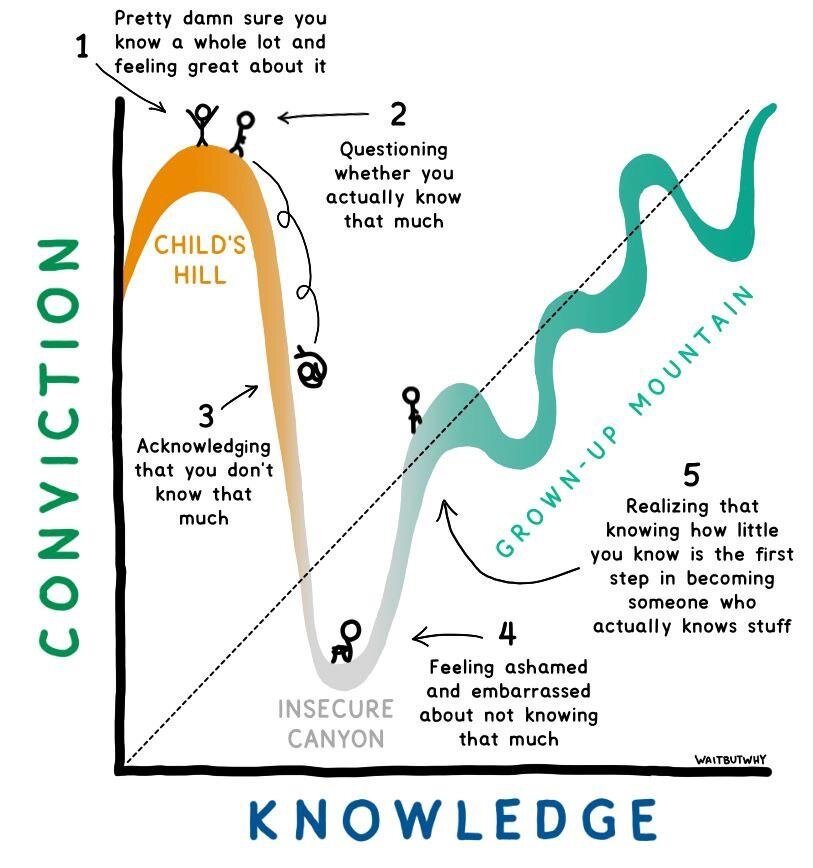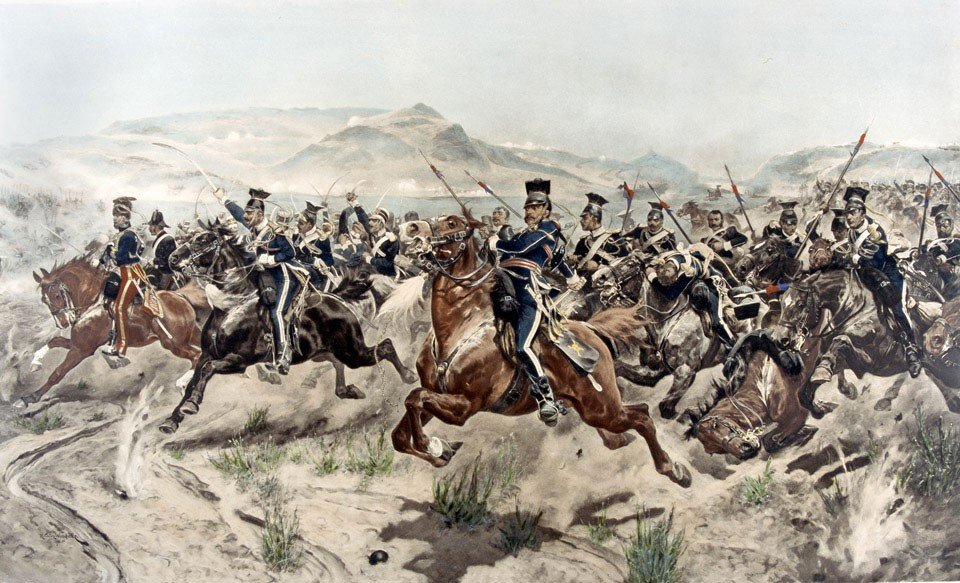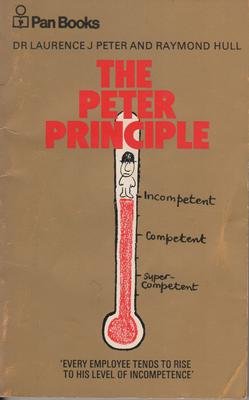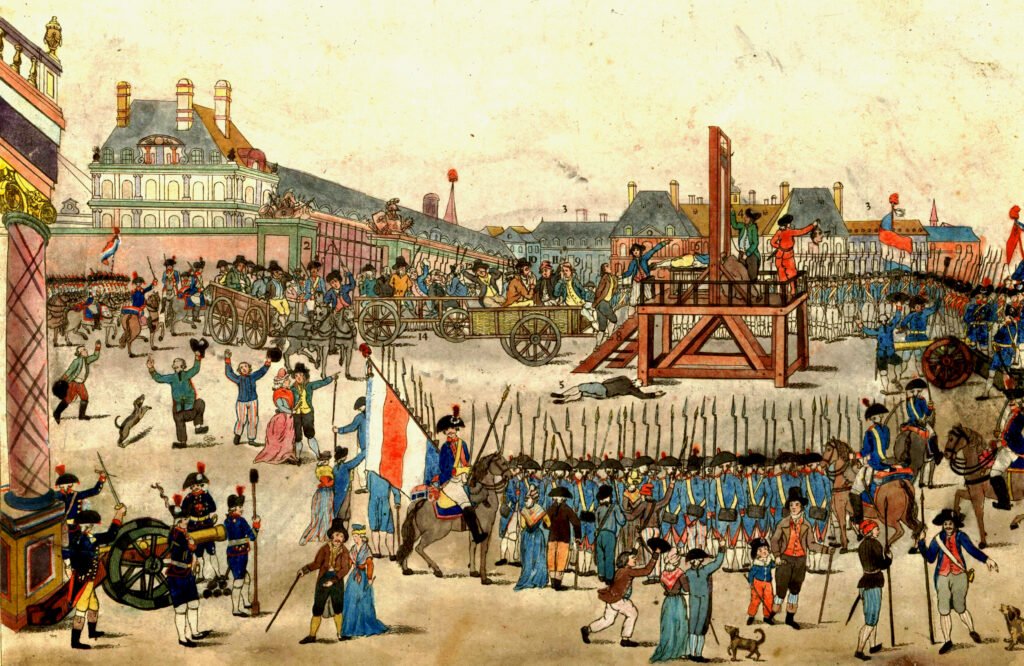I have a million theories (about thirty, to be honest) about how stupid people end up in power. You know some, while others haven’t occurred to you yet. But once they are pointed out, you can’t unsee them. They also tend to have interesting names like ‘The Peter Principle’ and “The Tall Guy Problem.’
Yeah, it’s about to get fun.
I am not gonna waste your time with a long intro. This is an article about how stupid people end up in power.
Twende!
The Dunning-Kruger Effect
You have heard of this: it’s a delicious twist of irony where the less someone knows, the more convinced they are that they’re right. If you don’t know enough to recognize your own ignorance…guess what? You are just a very smart dog with a degree.
In systems that reward charisma over competence, these are the kinds of people who get elected. They do not have to be right; they just have to sound sure.

The kicker is that people are wired to crave certainty (even the fake kind) so much that they will follow a confident dummy into extinction over a cautious genius every time.
Think about the Battle of Balaclava in the Crimean War; the infamous Charge of the Light Brigade? A catastrophic order, given by leaders who did not understand the battlefield, was followed, as per military obedience rules. No one could say, “Hey…maybe don’t charge straight into artillery fire?”
But then again, they were called the Light Brigade and charge into the light they did. 40% of the brigade and may horses died needlessly that day.

The Peter Principle
This is a fun one. Imagine you are on a train and they tell you, “This train is being driven by a guy who used to mop the station. Don’t worry, he was great at mopping.”
In most large institutions, be it the military, mega-corporations, governments, etc., the people making the decisions rarely deal with the consequences. In a hierarchy where promotion is the only way to advance, people tend to get promoted beyond their level of competence.

They do not suck at their jobs because they are bad people, but because your past success doesn’t always translate to a new role. Imagine a super good coder who gets promoted from solving problems with code to project lead. Perhaps they suck as leading and pretty soon, the role and entire system suffers as a result.
A good soldier can be a very indecisive general; good at taking orders, bad at making decisions. The machine can keep moving, but the gears are made of putty and dreams, with decline and a fall to follow.
Systems of Power Protect History’s Clowns
History has plenty of material for blooper reels of power-wielding buffoons. Caligula made his horse consul (one of his tamer decisions). It wasn’t satire, it was just another dies Martis (Tuesday 🤭.)
Charles VI of France thought he was made of glass and would shatter if touched. You know, monarchy madness. The problem isn’t that these people existed; it’s that entire systems were built to protect them from the consequences of their idiocy.

Once at the top, these elite, often inbred morons were untouchable unless someone brought out the guillotine or they had a bad case of gout. The bar for incompetence was not high; it was inherited.
As some wise people say, the system is not broken; it works exactly as intended by those who benefit from it. But maybe if I had been born with a crown, I might have died with a kingdom in flames and an epitaph that reads, “He liked shiny things and thought peasants were made of moss.” 🤷🏾♂️
The Halo Effect and the ‘Tall Guy Problem’
If someone looks like a leader: you know, strong jaw, deep voice, commanding stance- we tend to project competence onto them. This is called the Halo Effect by psychologists. It is wild how well it works.
In presidential elections, taller candidates almost always win; job interviews see attractive, confident people hired faster, and when the villain is monologuing, a deep voice indicates they came to play and have a real plan.

We do not pick leaders like we’re hiring for intelligence. We pick them like we’re casting a movie. If you ever wonder why certain people fail upward like they’re glitching through gravity, it’s probably because we are still apes with suits and cutlery, impressed by posture and strong chins.
You could have the jawline of a Roman general and the moral compass of a broken Roomba and still get promoted.
Gatekeepers, Groomers, and the Idiot Pipeline
Systems of power reward loyalty over intelligence. Any glance at a cabinet selection confirms this every time. Smart people tend to ask questions and that doesn’t sit well with authority. They notice the man hiding behind the curtain.
Insecure leaders (most of them) do not like challenges. They want yes-men and will happily give you bonus points if you cease all thought after fulfilling their last command. Family members may often get priority.

These ghouls groom the underlings into obedient dogs, sidelining critical thinkers, until the system becomes one stupidity machine creating copies of the same morons over and over again.
You have probably seen managers promote their buddies cause they are ‘team players.’ They may not know how to do the job, but they know how to make their bosses feel smart while ruining everything so, they get hired.













Thank you.